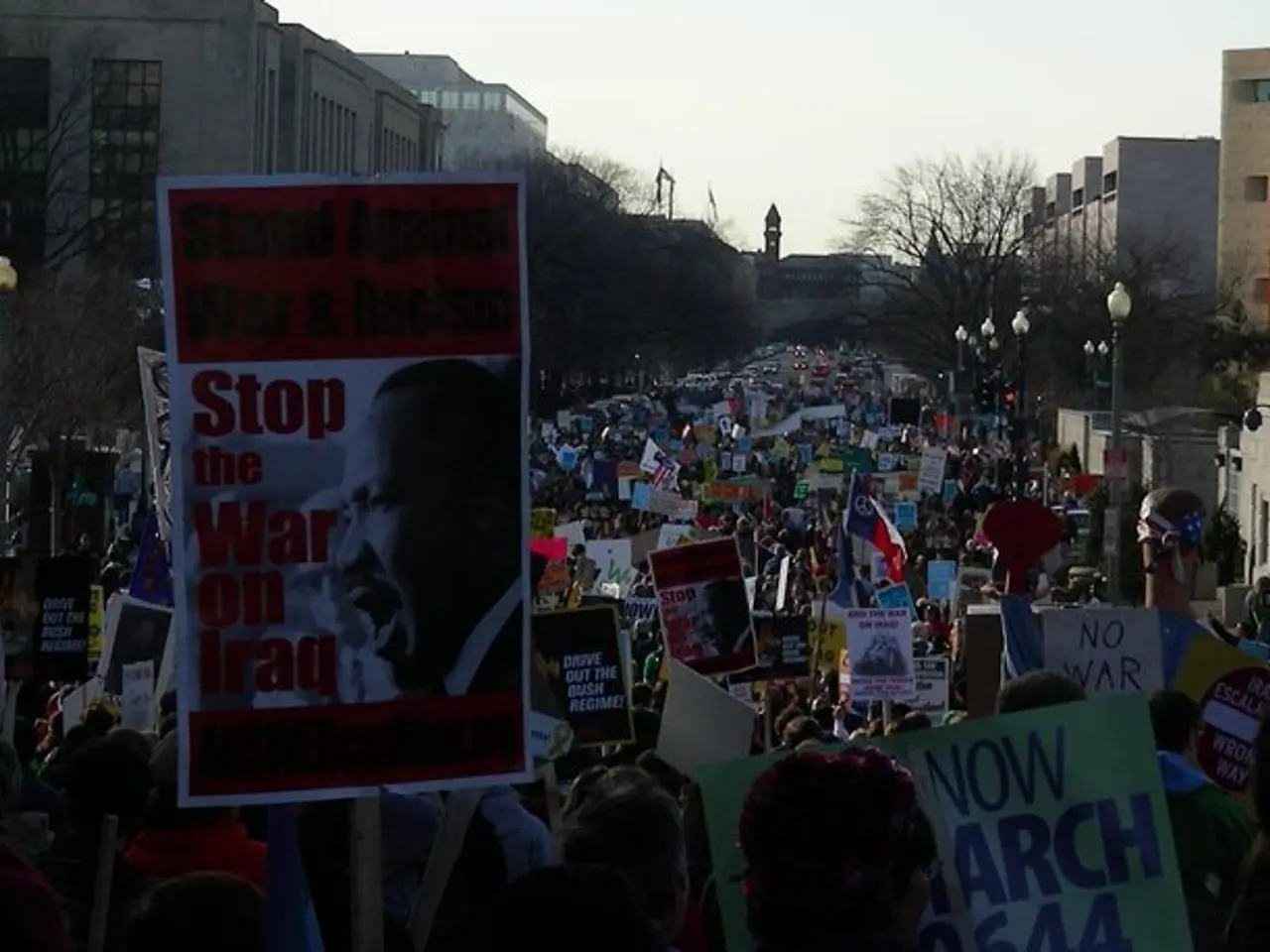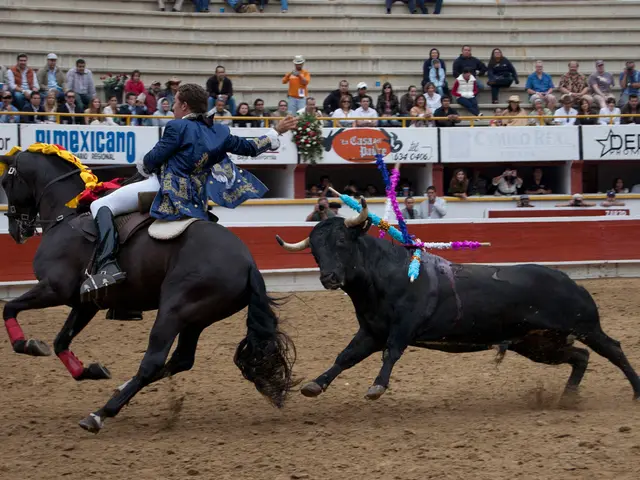Unrest Escalates in Serbia as President Holds Firm to His Authority
Serbia's Anti-Government Protests Intensify
The anti-government protests in Serbia have intensified, with daily clashes between demonstrators and police, particularly since mid-August 2025. The protests began in November 2024, initially as peaceful student demonstrations, but have escalated into violent confrontations.
The key locations of these protests include Belgrade, Novi Sad, Vrbas, and Backa Palanka. The protesters' grievances are primarily anti-government, against police brutality, and demanding elections and a return to constitutional order.
The protests have been fuelled by a series of miscalculations by President Aleksandar Vučić, according to Milos Damnjanovic, an analyst for the Belgrade consultancy BIRN. Vučić's SNS party's popularity is currently lower than ever, as per Damnjanovic's statements.
In response to the protests, President Vučić has pledged a major crackdown, calling the protests an "attack on the state" and warning of the possible declaration of a state of emergency. He has denounced the vandalism of SNS property by some protesters and accused government supporters and provocateurs of being targeted. Vučić has framed the protests as no longer peaceful student protests but as violent attempts to destabilize the country.
The police response to the protests has included the deployment of riot gear, baton charges, arrests, and accusations of excessive force. The Interior Ministry has not denied accusations of police brutality, with videos circulating that show detainees kneeling before police officers after arrests.
The student group organizing the demonstrations has accused the police of protecting regime loyalists who have attacked protesters. Shots were fired in the air during protests in Novi Sad, and thugs with batons have been reported beating anti-Vučić activists in Belgrade.
The EU and western partners have called on both sides to exercise restraint in the ongoing protests. However, they have not intervened, frustrating regime opponents. Vučić and his close ally Vladimir Putin have accused the west of fanning the flames of the protests.
No new information about foreign involvement in the protests has been reported. Damnjanovic suggested that it would not be in Vučić's interests to call an election before the constitutional deadline of 2027. Vučić has invited protesters to sit down and talk, but he has also escalated his language in a late-night televised address, accusing them of "organizing to beat and kill" regime loyalists.
This situation remains very tense and confrontational with no immediate resolution reported.
References:
- B92
- BIRN
- RT
In the intensified anti-government protests in Serbia, politics and war-and-conflicts seemingly intertwine, as President Vučić takes an aggressive stance against the demonstrators, while the protesters accuse police of protecting regime loyalists involved in violent confrontations. General news outlets report escalating violence across key protest locations such as Belgrade, Novi Sad, Vrbas, and Backa Palanka. The possible declaration of a state of emergency looms, adding to the tense and confrontational atmosphere. Despite calls for restraint from the EU and western partners, no immediate resolution has been reported.






